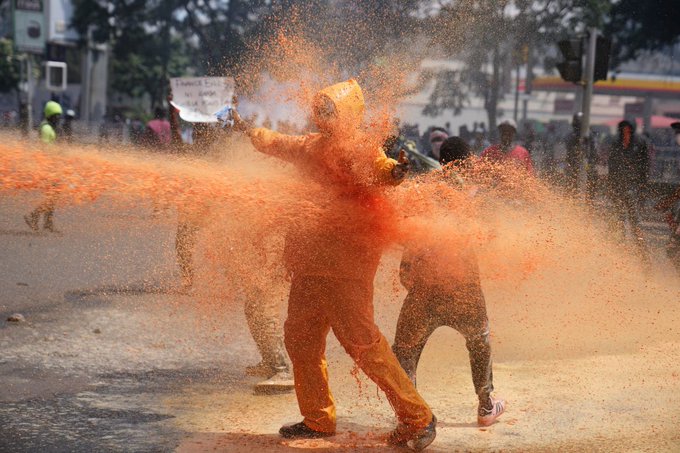Why President Ruto’s Popularity is Declining
President William Ruto, elected in 2022 on promises of economic transformation, is now facing declining public approval in 2025. Various factors, including high taxation, a struggling economy, and political dissatisfaction, have fueled growing discontent among Kenyans.
Economic Struggles and High Taxes
Since taking office, Ruto’s government has introduced multiple new taxes, such as:
-
Housing Levy – A controversial mandatory deduction from salaries
-
Increased VAT on Fuel – Raising fuel prices and transport costs
-
Additional Taxes on Digital Transactions – Affecting businesses and freelancers
These tax policies have strained households and businesses, leading to inflation and economic hardships.
Political Protests and Public Outrage
In response to economic struggles, opposition leaders and activists have organized nationwide protests, accusing the government of failing to fulfill its promises.
-
Cost of living protests have intensified, with Kenyans demanding economic relief
-
Opposition leader Raila Odinga has criticized the government’s financial policies
Government Spending and Corruption Concerns
Despite the heavy taxation, government expenditure remains high, with allegations of:
-
Misuse of public funds on luxurious government projects
-
Unaccounted foreign loans with no visible development impact
-
Rising cost of governance, with many taxpayers questioning overspending on officials’ salaries and benefits
Can Ruto Win Back Public Trust?
To regain confidence, President Ruto must:
-
Lower taxation and reduce the cost of living
-
Strengthen anti-corruption measures
-
Improve transparency in government spending
However, with elections approaching in 2027, the political landscape remains uncertain.



